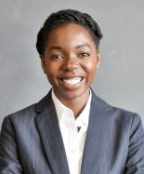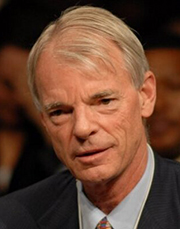By Sandile Hlatshwayo and Michael Spence

Sandile Hlatshwayo recently received her PhD in Economics from the University of California at Berkeley and will join the International Monetary Fund in the fall.

Michael Spence, a Nobel laureate in economics, is Professor of Economics at NYU’s Stern School of Business, Distinguished Visiting Fellow at the Council on Foreign Relations, Senior Fellow at the Hoover Institution at Stanford University, Advisory Board Co-Chair of the Asia Global Institute in Hong Kong, and Chair of the World Economic Forum Global Agenda Council on New Growth Models. He was the chairman of the independent Commission on Growth and Development, an international body that from 2006-2010 analyzed opportunities for global economic growth, and is the author of The Next Convergence – The Future of Economic Growth in a Multispeed World.
MILAN – Economists concern themselves not only with addressing difficult questions thoughtfully, but also with formulating the questions themselves. Sometimes, rethinking those questions can hold the key to finding the answers we need.
Consider the productivity debate. Economists trying to explain the apparent structural slowdown in productivity growth have been asking the following question: Where is the missing increase? Their response covers concerns about measurement, structural shifts in the labor market, a potential paucity of investment opportunities,
